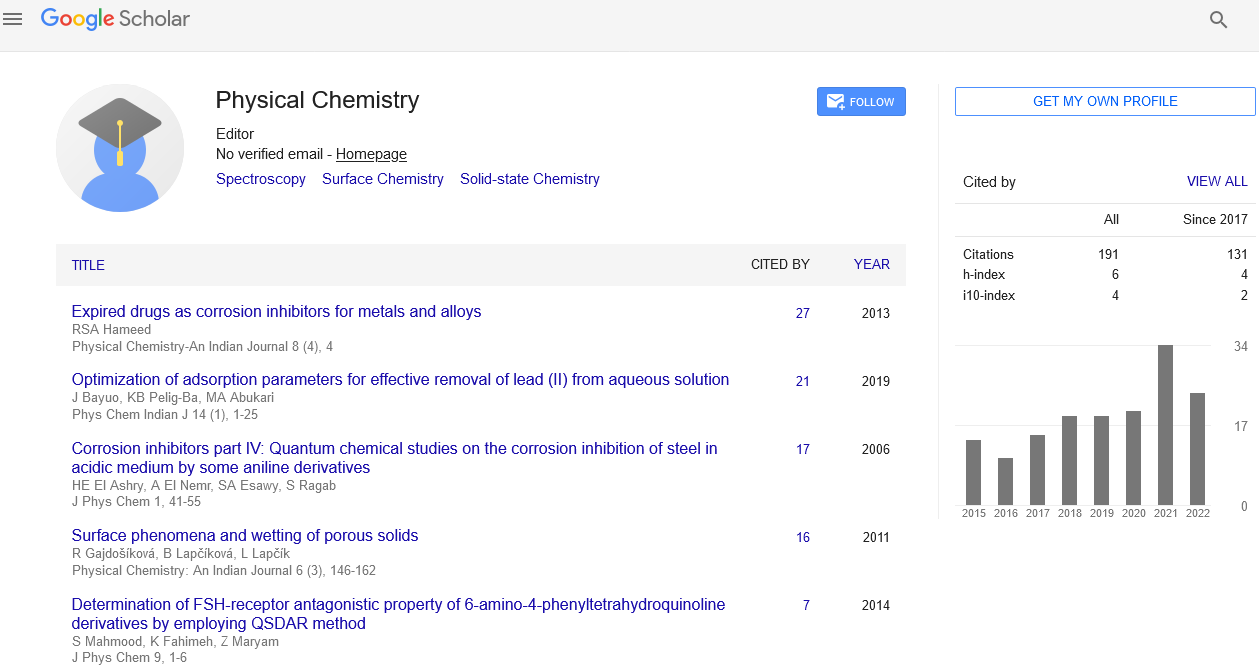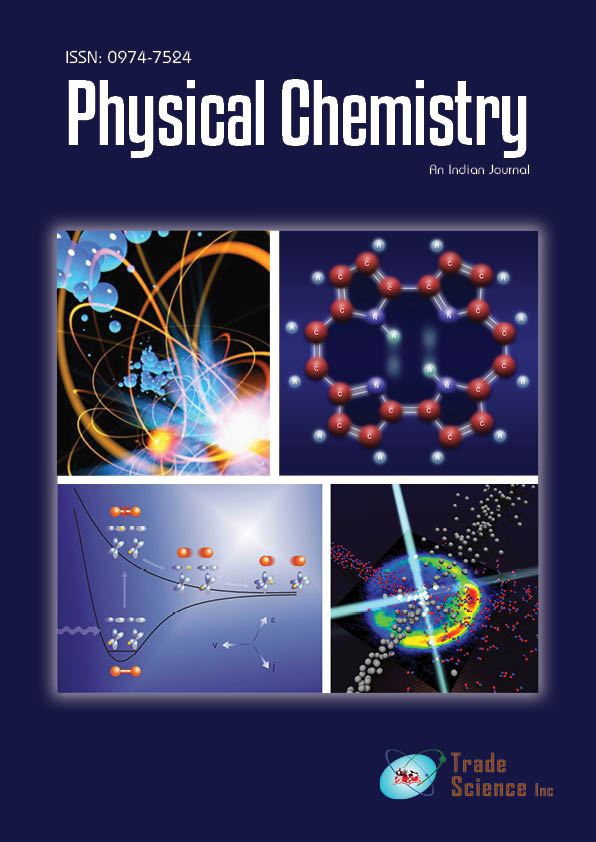Short commentary
, Volume: 16( 4)Quantum Chemistry in the Era of Quantum Computation
- *Correspondence:
- Stefan Paul
Editorial Office,
Physical Chemistry: An Indian Journal,
UK,
E-mail: physicalchem@journalres.com
Received: July 12, 2021; Accepted:July 16, 2021; Published: July 27, 2021
Citation: Paul S. Quantum Chemistry in the Era of Quantum Computation. Phys Chem Ind J. 2021;16(4):150.
Abstract
Commentary
Computation has played a crucial part in the evolution of chemistry since the introduction of electronic computers in the previous century. Chemistry as a field has been revolutionized by numerical methods for computing the static and dynamic characteristics of compounds. Quantum computing, which has only recently emerged, has the potential to be as disruptive. This Review paints a complete picture of the current state of quantum computation in chemistry, allowing for a more accurate assessment of future advancement. The immediate relevance of quantum computing for quantum chemistry is becoming evident as both the quantum hardware and software communities continue to make significant development. While there appears to be no shortage of demand for novel classical approaches, quantum calculations can increase the accuracy and tractability of chemical predictions by replacing certain classical subroutines. This creates a new challenge, developing quantum algorithms for quantum chemistry necessitates a combination of quantum information theory and traditional quantum chemistry methodologies. While these two fields are closely related, they arose from distinct disciplines: the former from physics and computer science, while the latter from chemistry.
Quantum computers are quantum systems that can be properly started, controlled, and measured in order to perform a calculation. There are numerous physical realisations of quantum computers that have been proposed. Ion traps, 37 superconducting structures, 812 quantum optics, 1316 nitrogen vacancy centres, 1719 nuclear magnetic resonance, 2022 topological qubits, and 23 are some of the promising approaches. The quantum computation involves trapping ions in an array, changing their valence-electron collective quantum state with a sequence of precise laser pulses, and measuring the occupation of two Zeeman states of the s and d orbital manifolds in each ion. A traditional calculation process can be broken down into simple logical operations on a few bits at a time, such as AND. Similarly, quantum gates, which are controlled local unitary operations, can be employed as elementary operations on quantum bits. Entangling quantum gates is a technique for building a succession of quantum gates (called a quantum circuit) to output the answer to a problem. There have been a number of quantum algorithms developed that outperform their classical counterparts. In chemistry, these include techniques for calculating molecular Hamiltonians' ground-state energies and computing thermal rate constants. The number of elementary operations and the run time as a function of the problem instance size (e.g., the number of basis set functions employed in the calculation) characterise the performance of a quantum algorithm, just as they do for a classical algorithm.
Existing quantum computers have yet to solve issues that are impossible for classical computers to solve. However, the current rate of growth shows promise in accomplishing this goal, and it is certain to spur the development of novel quantum algorithms. In the 1980s, Manin and Feynman independently proposed the concept of quantum computing. A vision for performing quantum mechanical tasks with quantum mechanical systems computation. Both stated that reproducing quantum mechanics on classical computers necessitates resources that expand exponentially with the size of the issue instance, implying that certain problems will stay unsolvable despite method designers' inventiveness. By being quantum mechanical, a quantum computer, as envisioned by Feynman and Manin, can potentially avoid the bottleneck of exponential cost.

